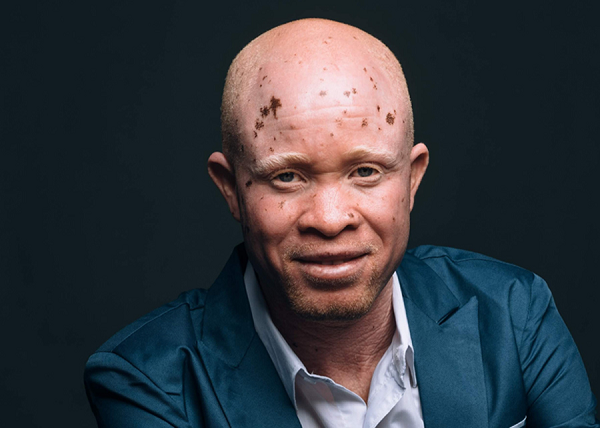
Kwame Andrews Daklo —Programme Coordinator
Engage Now Africa (ENA), an international non-governmental humanitarian organisation, has urged the government to formulate specific policies to protect the lives of persons with albinism.
The Programme Coordinator of the organisation’s albinism project, Kwame Andrews Daklo, who made the call, said even though the constitution guaranteed the protection of every citizen from discrimination, stigmatisation and other forms of abuse, there was the need for specific legislations to protect the rights of individual groups.
“If you want to take care of a particular group of people, you need to define what their needs are and then the law that protects them,” he explained.
He said this in an interview after a sensitisation programme held in Accra last Tuesday to educate the residents of Kokrobite in Greater Acrra Regionon misconceptions about albinism.
The programme forms part of the organisations nationwide tour to sensitise the populace on albinism to promote inclusivity.
Mr Daklo, therefore, called on the government to adopt the African Union’s (AU) Action Plan on the rights of persons with albinism in Africa, which spans from 2021 to 2031.
Misconceptions
The Education Director for the organisation, Bishop Francis Ansah, who took patrons through some myths, dispelled a popular misconception that persons with albinism do not die but disappeared.
He explained that this was because persons with albinism were usually abducted and killed by people who use their body parts for rituals.
Bishop Ansah also stated that persons with albinism die of natural causes common of them being skin cancer as a result of sun rays affecting their skin.
“Persons with albinism do have vision problems due to the lack of pigment on their eyelids to protect their eyes from the ultraviolet sun rays,” he added.
He explained that marrying a person with albinism did not necessarily mean one would have children with the condition, adding that it depended on the genetics.
Furthermore, he made it clear that it was equally possible for dark skinned couples to give birth to a child with albinism if both parents carried the genes.
“We are one people. They breathe, eat, sleep and talk just like we do so we need to embrace them as brothers and sisters and not stigmatise them,” Bishop Ansah added.



